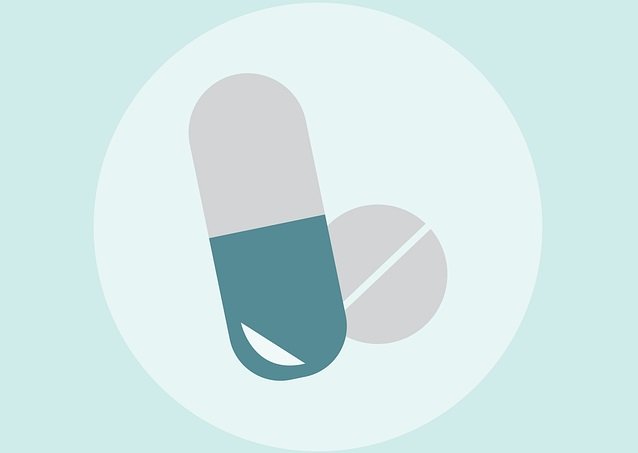
For the first time, researchers show that lung fibrosis can be reversed using diabetes drug metformin that targets cell metabolism.
The finding is important because despite previous research has shown the pathological mechanisms of persistent fibrosis, there is no effective treatment.
Pulmonary fibrosis can develop after lung injuries like infections, radiation or chemotherapy, or it can have an unknown cause, as in idiopathic pulmonary fibrosis, or IPF.
IPF is a progressive, and ultimately fatal, lung disorder that strikes more than 150,000 patients a year in the United States and more than 5 million worldwide.
In experiments using lung tissues from patients with IPF, mouse lung fibroblasts and a murine model of lung fibrosis, the team showed the reversal of lung fibrosis and the underlying cellular mechanisms.
Interestingly, the drug that reverses lung fibrosis is metformin, which is a safe and widely used agent for non-insulin-dependent diabetes.
In the study, the team focused on AMP-activated protein kinase (AMPK), an enzyme that senses energy state in the cell and regulates metabolism.
They found that AMPK activity was lower in myofibroblast cells within fibrotic regions of human lung tissue from IPF patients.
Myofibroblasts deposit extracellular collagen fiber as part of the fibrosis process.
These myofibroblasts were metabolically active and were resistant to the programmed cell death called apoptosis.
It is a natural process that removes more than 50 billion damaged or aged cells in adults each day.
Activation of AMPK in myofibroblasts from lungs of humans with IPF, using the drug metformin or another activator called AICAR, led to lower fibrotic activity.
AMPK activation also enhanced the production of new mitochondria, the organelles in cells that produce energy, in the myofibroblasts, and it normalized the cells’ sensitivity to apoptosis.
The research team found metformin treatment on mice, starting three weeks after lung injury and continuing for five weeks, accelerated the recovery.
The team said their findings provide proof-of-concept that activation of AMPK by metformin or other pharmacologic agents that activate these pro-resolution pathways may be a useful therapeutic strategy for progressive fibrotic disorders.
The study is published in the journal Nature Medicine.
Copyright © 2018 Knowridge Science Report. All rights reserved.



